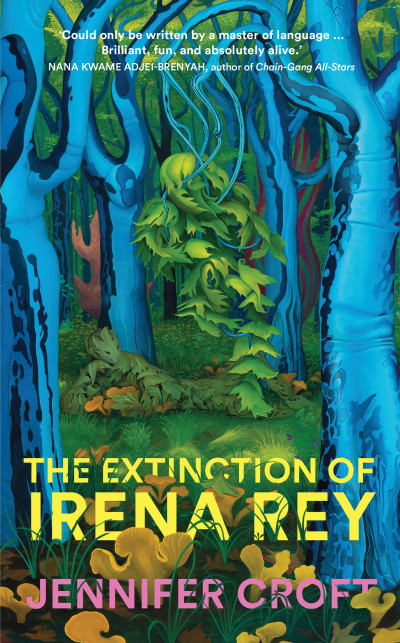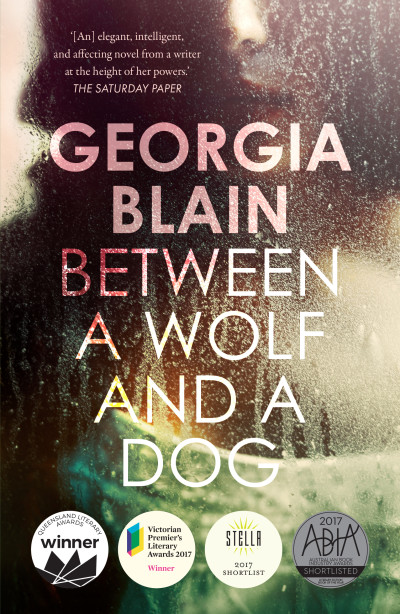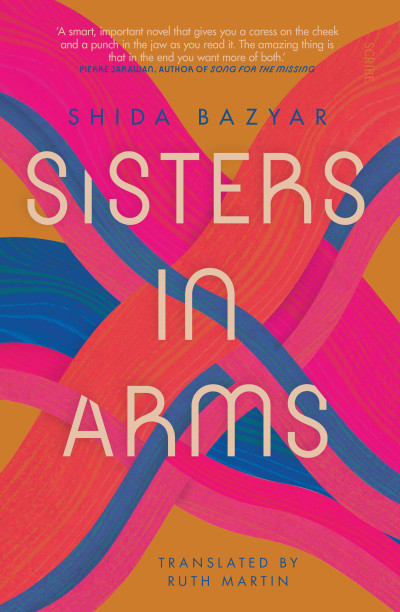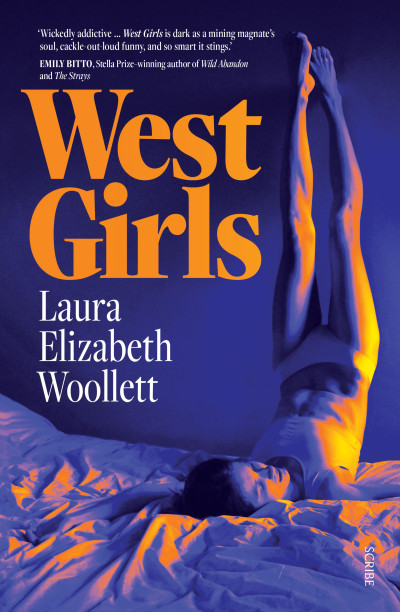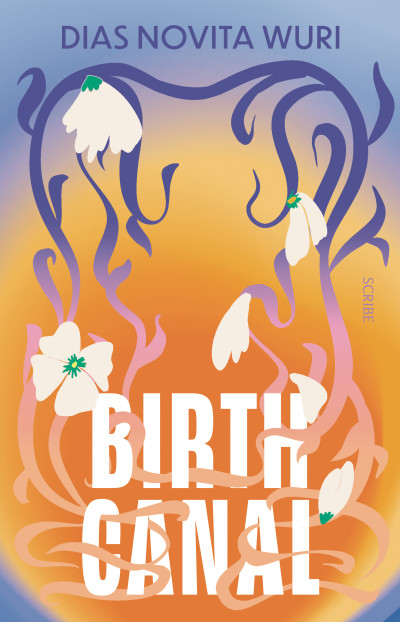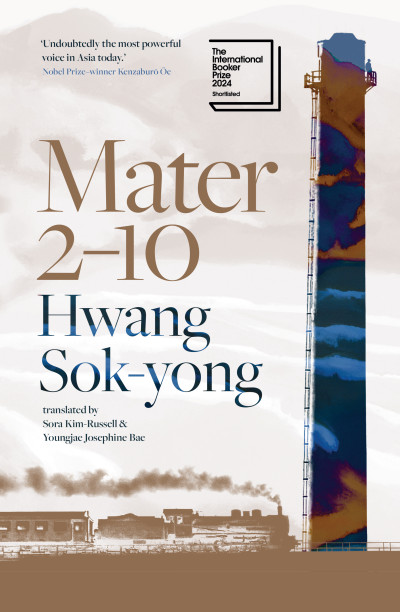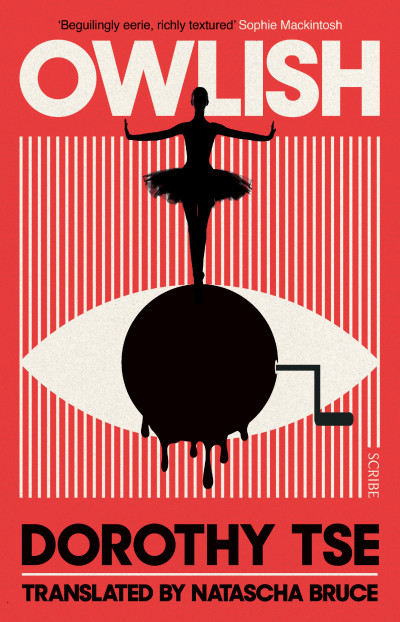A panoramic novel of European history, by an internationally bestselling writer.
The whole truth, as the name implies, is the collective knowledge of all those involved. Which is why you can never really piece it together again afterwards. Because some of those who possessed a part of it will already be dead. Or they’re lying, or their memories are bad.
It’s 1989, and in a small town on the Austria–Hungary border, nobody talks about the war; the older residents pretend not to remember, and the younger ones are too busy making plans to leave. The walls are thin, the curtains twitch, there is a face at every window, and everyone knows what they are not supposed to say.
But as thousands of East German refugees mass at the border, it seems that the past is knocking on Darkenbloom’s door.
Still, though, nobody talks about the war.
Until a mysterious visitor shows up asking questions.
Until townspeople start receiving threatening letters and even disappearing.
Until a body is found.
Darkenbloom is a sweeping novel of exiled counts, Nazis-turned-Soviet-enforcers, secret marriages, mislabelled graves, remembrance, guilt, and the devastating power of silence, by one of Austria’s most significant contemporary writers.
‘Darkenbloom stirs up, saddens, pulls you along — especially through its characters and is undoubtedly one of the most important books of this fall. Great.’
NDR
‘Not a reunification novel, nor a key novel: Eva Menasse’s new novel Darkenbloom is something better. In a bitterly comic way, it turns a historical event into the background of a small-town portrait in 1989 … But where is Darkenbloom’s third master builder, besides God and the Devil, the novel’s author? She’s there just two sentences later in all her sarcasm: “You wish God could only see into the houses and not the hearts.” Only literature should dare to look into dark souls. Literature like this.”’
FAZ
View all reviews
‘Eva Menasse has succeeded in writing an unobtrusively dense novel that lets the silence roar. One cannot escape it.’
Kurier
‘She found the motto of the third part of this exciting, eventful and always different book that goes up against a great thundering silence and repression in Robert Musil: “Historical is that which one would not do oneself.” Literature can speak of more than simple truths. In this beautiful case, it makes clear how opposites clash even in the most intimate community. It may be that the great world theatre takes place elsewhere. The swamp of mysteries, one learns in this great and never long-winded book, “has always exceeded those of solved cases many times over.”’
Mannheimer Morgen
‘Camouflage and exposure, mystery and malice, memory and life lies, historical lies, the colportage of lies of an entire country … all this is presented lightly and in an anxiety-inducing satirical manner, which on the one hand brings the characters close to the audience and on the other exposes those who allow themselves to be seduced by them. An ambitious, ravishingly mocking narrative project, impressively mastered by Eva Menasse.’
Literaturhaus Wien
[Eva Menasse] succeeds in packing the horror into a beautiful, almost warm-hearted language — without, of course, trivialising it. Her laconic language is sometimes reminiscent of that of Wolf Haas, her characters, especially the red-nosed drunkards, are drawn with such precision as if they had sprung from a cartoon by the Lower Austrian Manfred Deix. Darkenbloom is an eerie as well as funny novel about dealing with the past. Where some people struggle with it and where the wounds do not heal, others drink their past away until the memory of it fades.’
Badische Zeitung
‘With Darkenbloom, author Eva Menasse presents an eloquent anti-homeland novel, very much in the tradition of other works by Austrian authors who throw coarse-grained salt into those same open wounds and watch with great pleasure as everything ferments and pops and bursts … Menasse dishes it out hard. But she does so in a quiet, often witty tone that exposes the inner life and the power struggle of these turncoat villagers of Darkenbloom all the more perfidiously. One of the great strengths of the novel lies in the very fine ramifications, the ends of the bloodlines that have permeated the fictional Darkenbloom for a hundred years.’
NZZ
‘What remains? “This is not the end of the story,” is Menasse’s last sentence. Darkenbloom’s secret — what happened on the night of the massacre of the Jewish forced labourers and where their grave lies — remains hidden. Under the layers of remembrance and the icing of repression. This is quite coherent. Eva Menasse has created a worthy literary monument to Austria’s politics of the past.’
Falter





